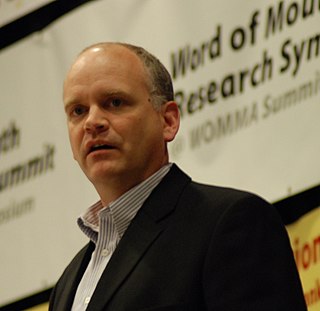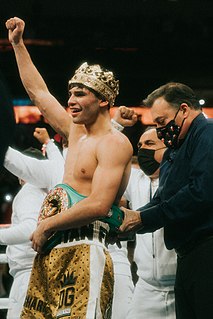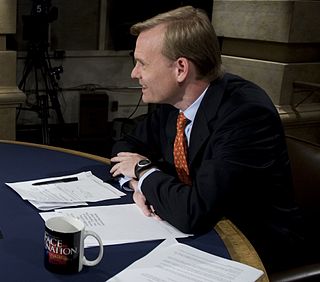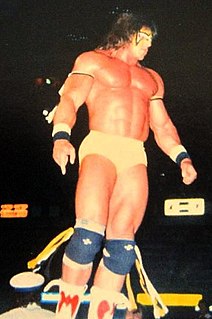A Quote by Ron Fournier
Sitting in the Oval Office, beneath a painting of George Washington, with a bust of Martin Luther King Jr. over his right shoulder and a bust of Abraham Lincoln over his left shoulder, Obama told 'National Journal' that the country's economic woes are deep and endemic.
Related Quotes
I know my dear brother, President [Barack] Obama, has a bust of Martin King right there in the Oval Office, but the question is are is he going to be true to who that Martin Luther King, Jr., actually is? King was concerned about what? The poor. He was concerned about working people. He was concerned about quality jobs. He was concerned about quality housing. He was concerned about precious babies in Vietnam, the way we ought to be concerned about precious babies in Afghanistan and precious babies in Tel Aviv and precious babies in Gaza.
We still are America though. We're still a country that is a country of social mobility. We're still a country of immigrants. We're still a country with common ancestors. And reviving the civics of America and the idea that we're going to be united, at least not right now, but in some common future, and talking in that hopeful way that Martin Luther King did, that Abraham Lincoln did, seems to me that's the way.
We forgot that Martin Luther King, Jr. changed his discourse toward the end of his life because he understood that the real fundamental problem of this country was not just race, it was class. It was the economical situation of not only poor blacks but also the poor white part of the population and everything in between.
Every now and then I think about my own death, and I think about my own funeral. [...] Every now and then I ask myself, 'What is it that I would want said?' I'd like somebody to mention that day, that Martin Luther King, Jr., tried to give his life serving others. I'd like for somebody to say that day, that Martin Luther King, Jr., tried to love somebody.
I remember back in the 1960s - late '50s, really - reading a comic book called 'Martin Luther King Jr. and the Montgomery Story.' Fourteen pages. It sold for 10 cents. And this little book inspired me to attend non-violence workshops, to study about Gandhi, about Thoreau, to study Martin Luther King, Jr., to study civil disobedience.
He's at ease, his body sculpted to the music, his shoulder searching the other shoulder, his right toe knowing the left knee, the height, the depth, the form, the control, the twist of his wrist, the bend of his elbow, the tilt of his neck, notes digging into arteries, and he is in the air now, forcing the legs up beyond muscular memory, one last press of the thighs, an elongation of form, a loosening of human contour, he goes higher and is skyheld.
































